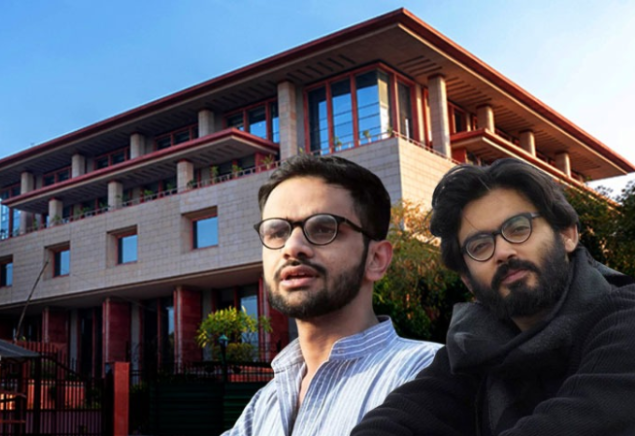 – Basant Haryana
– Basant Haryana
The Delhi High Court recently rejected bail pleas of Umar Khalid, Sharjeel Imam, and others accused in connection with the Delhi riots 2020. Notably, these individuals have been incarcerated for nearly five years without charges being formally framed.
This raises a critical question: is it just to detain someone for such an extended period without concluding their trial?
Constitutional Guarantees
Article 21 of the Constitution of India guarantees every citizen the right to life and personal liberty. The Supreme Court has repeatedly affirmed that a citizen’s liberty can only be curtailed through a just, fair, and reasonable process. Article 22 grants arrested individuals key rights, including access to legal counsel and appearance before a magistrate within 24 hours. However, when trials languish for years, these rights risk becoming mere formalities.
The Question of Natural Justice
Legal principles hold that every individual is presumed innocent until proven guilty. Detaining undertrials for five years effectively amounts to punishing them before a verdict, a practice that contradicts the principles of natural justice, which aim to ensure a fair opportunity for every accused.
Supreme Court’s Stance
The Supreme Court has long maintained that “bail is the rule, jail the exception.” In Hussainara Khatoon v. State of Bihar (1979), the court declared speedy trials a fundamental right. Similarly, in Sanjay Chandra v. CBI (2011), it held that unnecessarily prolonging the detention of undertrials due to delayed trials is unjust.
Justice Delayed is Justice Denied
Courts understandably adopt a stringent approach in serious cases, but when trials are stalled for years, the very purpose of justice remains unfulfilled. This sends a troubling message to society: delays in justice can morph into injustice.
Conclusion
The guilt or innocence of Umar Khalid, Sharjeel Imam, and others is for the courts to determine. Yet, it is only natural for any conscientious citizen to question whether five years of detention without framed charges aligns with the spirit of the Constitution and natural justice.
The judiciary must put its own established principles into practice. Only then will citizens’ faith be reinforced that justice in India exists not just in theory, but in the lived reality of every individual.
[The writer is General Secretary, Rajasthan Nagarik Manch, and Member of Forum For Democracy and Communal Amity (FDCA)]




